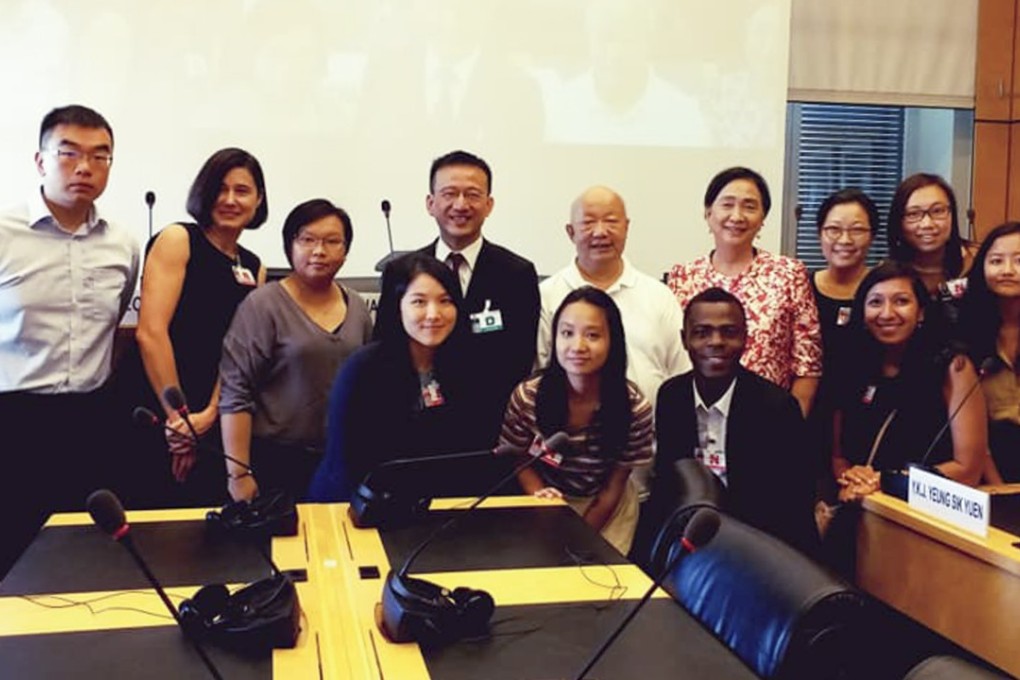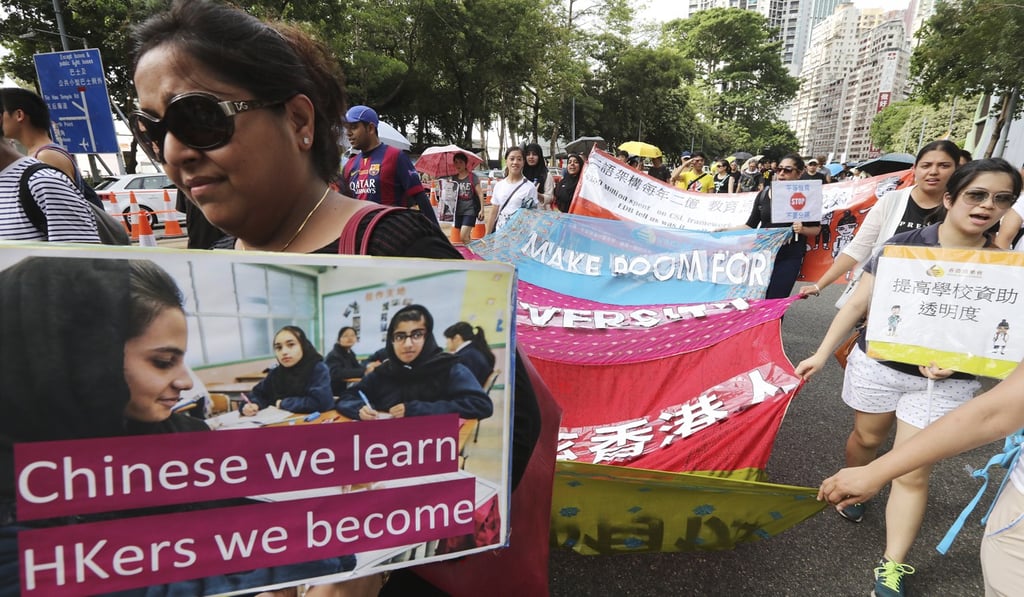UN committee tells Hong Kong to show proof that education policy is helping ethnic minority children integrate into society
Panel asks government to show how its schemes have helped ethnic minority pupils, who struggle to learn Chinese and integrate into society

A United Nations committee has asked the Hong Kong government to show proof that its education policies have helped ethnic minority pupils integrate into society, instead of causing “social marginalisation and segregation”.
The question was raised on Monday when Hong Kong officials, part of a Chinese delegation in Geneva, Switzerland, met with the UN Committee on the Elimination of Racial Discrimination that is made up of international human rights experts.
Committee member Verene Shepherd asked how the government planned to “accelerate the teaching of Chinese in Hong Kong, so then non-Chinese speaking students can be integrated to avoid social marginalisation and segregation”.

During a three-hour hearing mostly about Xinjiang and Tibet, Hong Kong’s Under Secretary for Constitutional and Mainland Affairs Andy Chan Shui-fu did not respond in great detail but referred Shepherd to the government’s written reply, which said it had instituted a new Chinese teaching framework four years ago, and given between HK$800,000 (US$102,000) and HK$1.5 million (US$191,000) per year to schools, depending on the number of non-Chinese-speaking pupils they have.
This is part of two funding schemes for schools to better teach Chinese to ethnic minority pupils, who struggle with the language, affecting their ability to pursue tertiary education and jobs in the city.